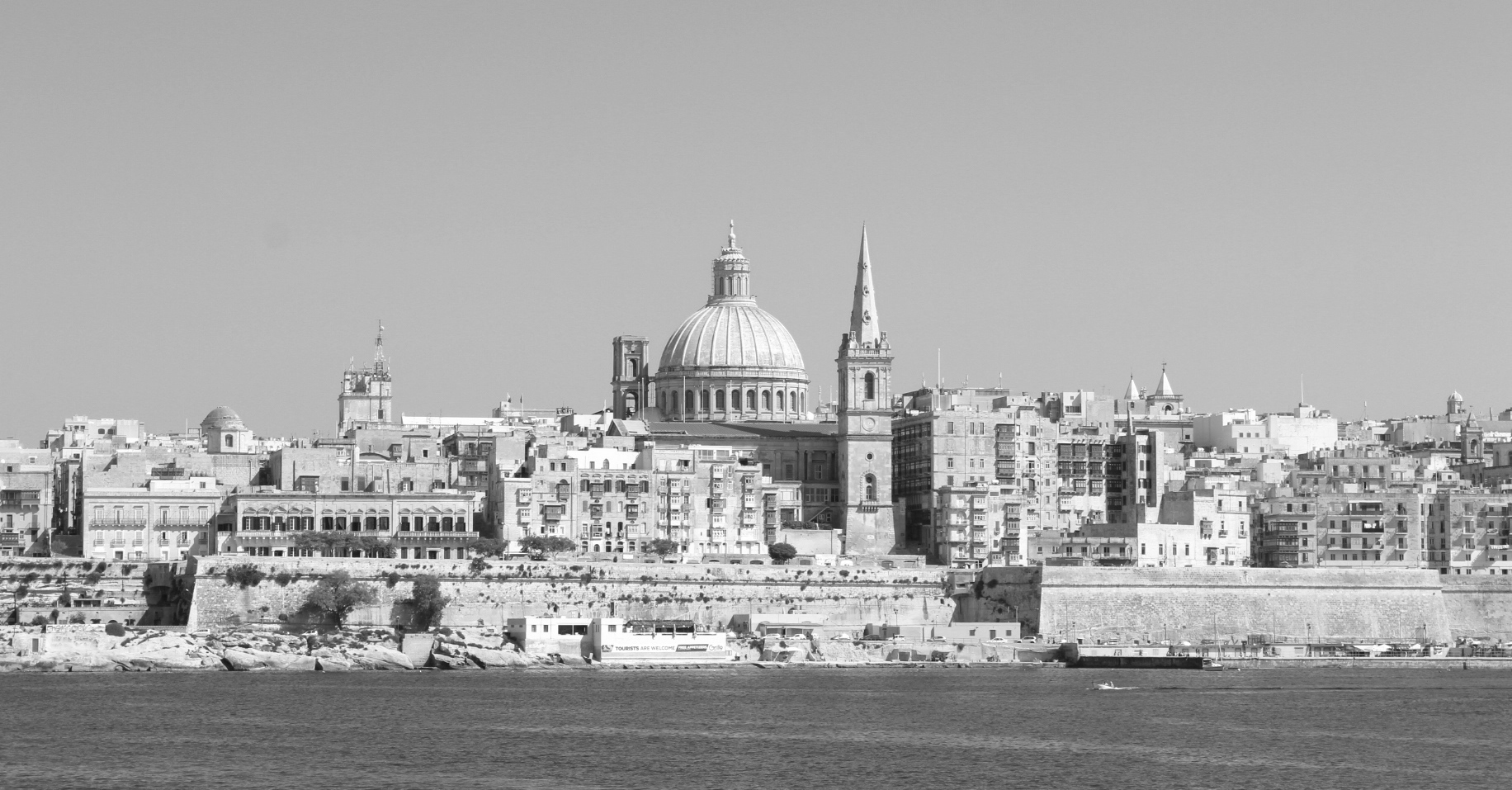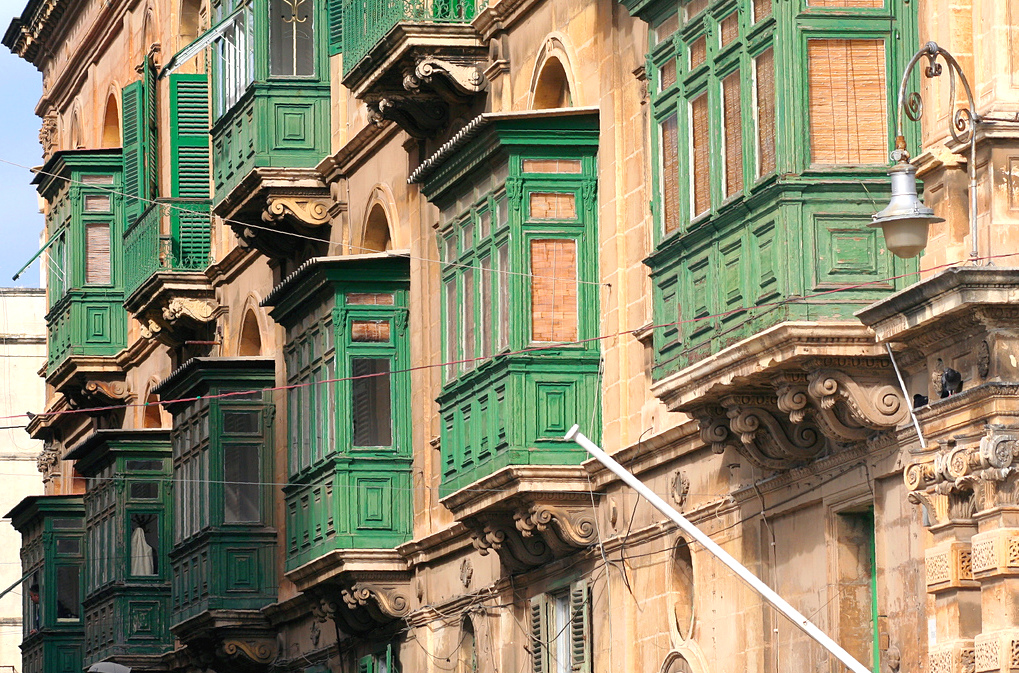by Kenneth Farrugia, Chairman, Finance Malta
Centrally located in the middle of the Mediterranean Sea, Malta and its sister island Gozo lie virtually midway between Europe and North Africa, some 90 kilometers south of Sicily (Italy) and 300 kilometers north of Libya. This positions the island as an excellent gateway for businesses between Europe, Africa, the Middle East, and Asia. The capital city, Valletta, is both the administrative and business center of the country.
Since becoming a member of the EU in 2004, Malta has experienced accelerated growth across all sectors of its financial services industry. With the introduction of passport rights — allowing companies to establish a branch or provide services not only in any other EU country but also in the countries of the European Economic Area (EEA) — many new business opportunities have opened. Establishing a business in Malta now provides instant access to 31 EEA economies.
Despite the presence of a diversified economic base, Malta has solidified its place among Europe’s finance centers and its global appeal continues to grow. Viewed by industry players, investors, and regulators as a particularly business-friendly location, the Mediterranean island has become a favored entry point into the EU because of its robust, EU-compliant regulatory framework, diverse financial ecosystem, and deep talent pool.
In fact, Malta — as the smallest EU member state — has created a finely tuned regulatory regime that provides confidence in the quality of supervision while ensuring that the demands of the investment community are met. As the global wealth management sector is in transition, Malta is well positioned to respond to client expectations that are constantly being reshaped by new market and regulatory realities. The country adheres to EU and Organisation for Economic Co-operation and Development (OECD) guidelines. In addition, the high standard of Malta’s service providers and its diversified economy have served to shield the country from the ravages of the global financial crisis.
 Specialist wealth managers and family offices are now servicing a growing number of clients and, with some 150 trustees and 150 investment services firms registered in Malta, the sector is rapidly evolving. Firms serve clients across the entire wealth spectrum, and while thus far the country has been a European wealth management hub, the industry is expanding its ties to increasingly manage the assets and interests of Asian, American and Middle Eastern clients.
Specialist wealth managers and family offices are now servicing a growing number of clients and, with some 150 trustees and 150 investment services firms registered in Malta, the sector is rapidly evolving. Firms serve clients across the entire wealth spectrum, and while thus far the country has been a European wealth management hub, the industry is expanding its ties to increasingly manage the assets and interests of Asian, American and Middle Eastern clients.
Malta’s financial regulatory framework is one of the most robust in the world and is fully harmonized with EU and OECD rules. It offers a flexible platform for the financial services industry. Malta pays close attention to the design of its financial framework to ensure that regulations are risk-based and meet regulatory objectives without over-regulating in a way that inhibits growth and innovation.
The Malta Financial Services Authority (MFSA) is the single regulator for all financial services in the country. The MFSA aims to meet the needs of service providers, family offices and wealth managers but also applies a rigorous due diligence process. It adopts a firm stance in regulating the industry yet is highly accessible to professionals and companies seeking to discuss bespoke solutions for the needs of their clients.
Maltese Legal System
Corporate structuring has long been an integral part of Malta’s service offering. The Maltese legal structure is a hybrid system of civil and common law. While it is based on the civil law pattern of continental Europe, most administrative and fiscal legislation is based on the British model. This offers Malta a particular advantage in company formation, as practitioners enjoy a cultural affinity with both systems and can easily bridge the gap between continental European and Anglo (UK) legal frameworks. There are many reasons why an individual may wish to establish corporate entities in Malta, ranging from the simple creation of a company or owning a holiday residence, a yacht or a private aircraft, to the more complex set-ups required in the structuring of Islamic Finance transactions.
As more high net worth investors and family offices are warming up to investing in private equity and hedge funds, Malta’s reputation as an Investment Fund Domicile is rising fast. With some 600 funds established on the island, the country’s fund administrators and managers have a solid track record in setting up and managing different investment vehicles for institutional and individual investors. Asset management companies in Malta have launched fund platforms that are exclusively open to family offices and third-party managers to provide them with an efficient and cost-effective solution to enter the market.
Malta is one of the few jurisdictions that cater for both trusts and foundations. While trusts are particular to systems of law based on common law and are not generally found in civil law countries, civil law in Malta is an exception to this rule. Both structures allow the creation of customized solutions that will fit the most diverse personal and business needs, ranging from succession planning to estate management. Malta’s legislation recognizes all forms of trusts that one would find in other jurisdictions, such as discretionary trusts, accumulation and maintenance trusts, fixed-interests trusts, and spendthrift and charitable trusts. A legislative update of the Trusts and Trustees Act in 2014 also introduced the Private Trust Company (PTC), which offers interesting opportunities to high net worth individuals and families who favor tailor-made trustee solutions. A family trust can hold assets to the benefit of one specific family, whereby the trustee must be a company that only provides services to that specific family trust.
Structured Solutions
Malta offers a number of made–to–measure structures, supporting tools and investment vehicles to structure the wealth of individuals and families. Many of these structures have been successfully used for many years, while others have been established more recently. However, Malta does not offer off–the–shelf products, and the island’s service providers have a strong track record in structuring customized solutions and adopting innovative approaches.
Malta’s sound credentials have also bolstered the growth of its wealth management industry, which is built on a foundation of transparency and accountability. Its banking sector has been ranked as the 15th most sound banking system in the world by the World Economic Forum’s Global Competitiveness Report 2015-2016. Within this context, the country has created a very dynamic marketplace for asset managers and family offices, which benefit from innovative products, experienced professionals, and a strong and transparent regulatory framework as well as personal and cost-effective services. Malta has honed its expertise in many areas of finance, including banking, investment funds, and corporate structuring, while investors can protect their assets through the establishment of trusts and foundations.
The country is now targeting an even greater presence in the wealth management sector and is distinguishing itself from traditional wealth management hubs by branding itself as a holistic lifestyle and citizenship-by-investment destination for high net worth individuals.
Source: henleyglobal.com





